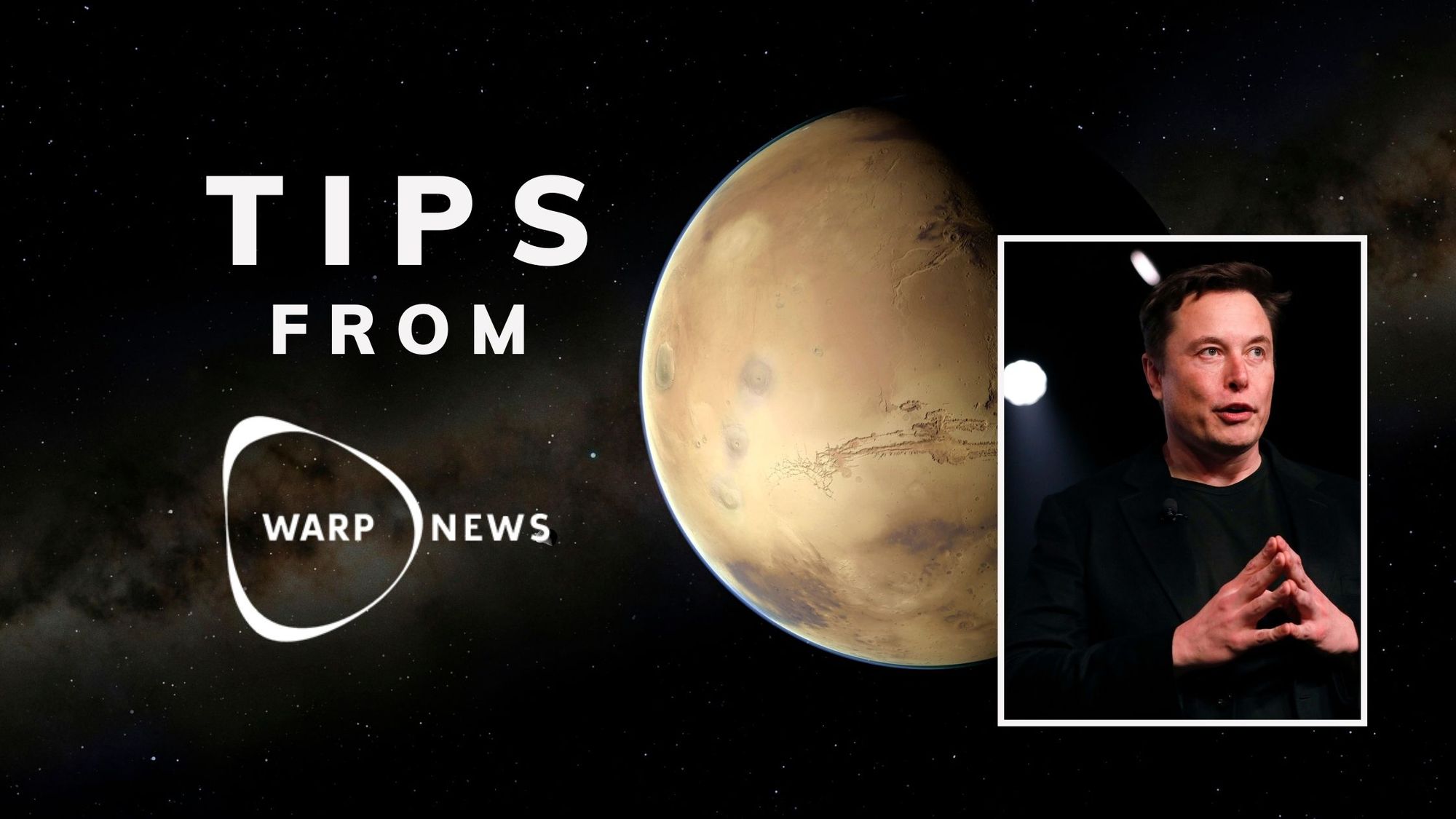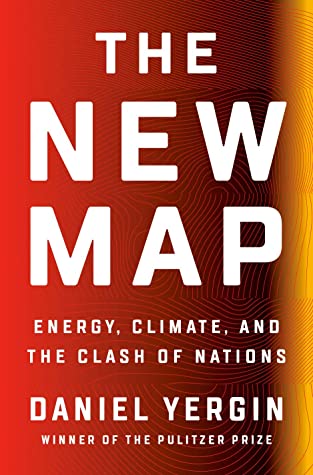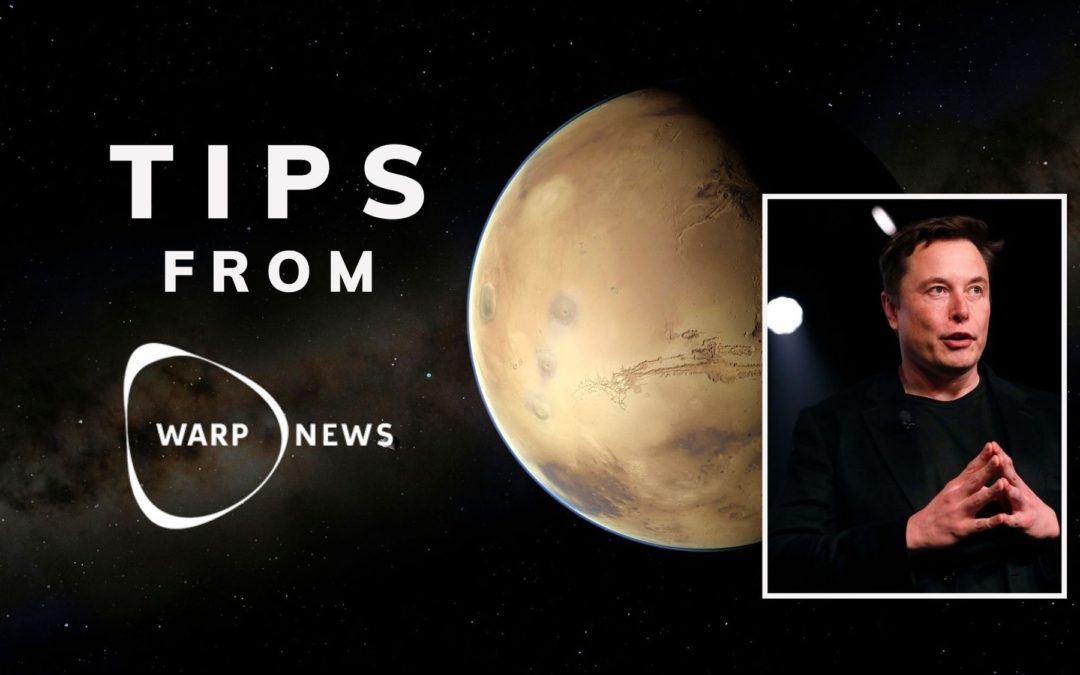📚 Book

If you want to understand the world that fossil fuels have created there is no better source than Daniel Yergin. His The Prize gives you a deep understanding of the world that ran on oil with a history of the global petroleum industry from 1850 to 1990. He won a Pulitzer Prize for the book.
In The Quest he covered the entire energy system.
Now, in The New Map, he dives into the changes brought on by the strong growth by renewables, but also the shale oil and gas revolution in America.
The energy sector is facing a major disruption, that I wrote about recently in Oil & gas – The largest and best disruption ever.

📰 Article
Andrew McAfee, MIT, makes the case that degrowth won’t help our planet.
The logic seems ironclad that our gains have to be the environment’s losses.
In some important areas, however, a very different pattern emerged after 1970: Growth continued, but environmental harm decreased.
This decoupling occurred first with pollution, and first in the rich world. In the US, for example, aggregate levels of six common air pollutants have declined by 77 percent, even as gross domestic product increased by 285 percent and population by 60 percent.
In the UK, annual tonnage of particulate emissions dropped by more than 75 percent between 1970 and 2016, and of the main polluting chemicals by about 85 percent. Similar gains are common across the highest-income countries.
👉 Why Degrowth Is The Worst Idea on the Planet
📺 Video
Elon Musk joined The Mars Society’s virtual convention last week. His guesstimate of the first trip with Starship (right now under development in Boca Chica, Texas) to Mars is 2024.
The founder of the Mars Society, Robert Zubrin, has a long history with Musk. In 2001 the Mars Society held a fundraiser:
The fundraiser entry fee was $500 per plate, but for some reason, one fellow sent in a check for $5,000. This got my attention. The check was signed by someone named Elon Musk. I had never heard of him.
From Zubrin’s excellent book The Case for Space.
And speaking of Elon Musk, here are some of the first videos of Tesla’s re-write and upgrade of their autopilot software.
🐦 Tweet
Fellow Warp Premium Supporter Johan Norberg shared this on October 20, World Statistics Day (there is a day for everything…😁)
Happy World Statistics Day! We celebrate by looking at the happiest statistic in history. From https://t.co/CqBLrrpkZ3 pic.twitter.com/vNkWCIxG4W
— Johan Norberg (@johanknorberg) October 20, 2020
🗄️ From the archive
Earlier this year I wrote about the best way to predict the future: Wright’s Law. This “law” is crucial to understand the future of electric cars and battery costs.
Moore’s Law focuses on time whereas Wright’s Law focuses instead on the number of units produced. For each doubling of production, the associated cost drops by a certain percentage. In this rule of thumb, it is 20 percent.
Read: 🔭 Wright’s Law is the best way to predict the future
🤪 And now for something completly different
Your campaign slogan is you last name + 2020 + the last thing you said to your dog.
Covart 2020: That’s my seat.
— Liz Covart (@lizcovart) July 7, 2020
Sundin 2020: Stop drolling!





